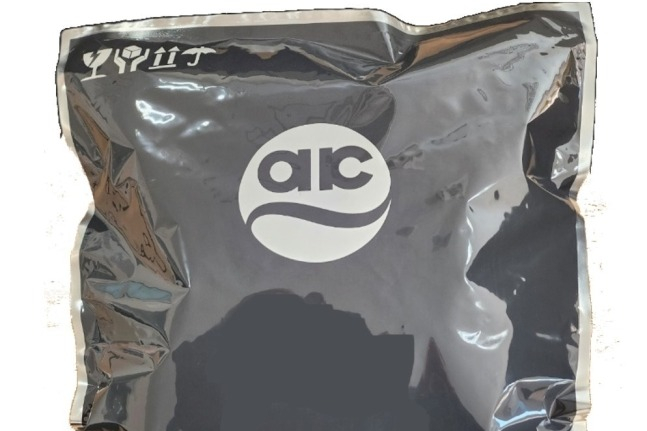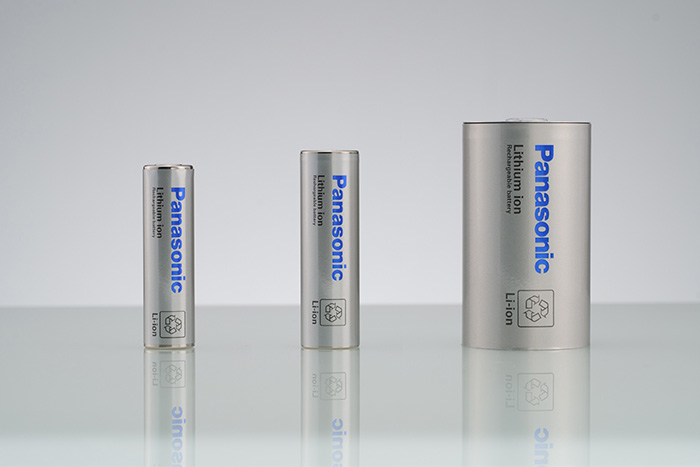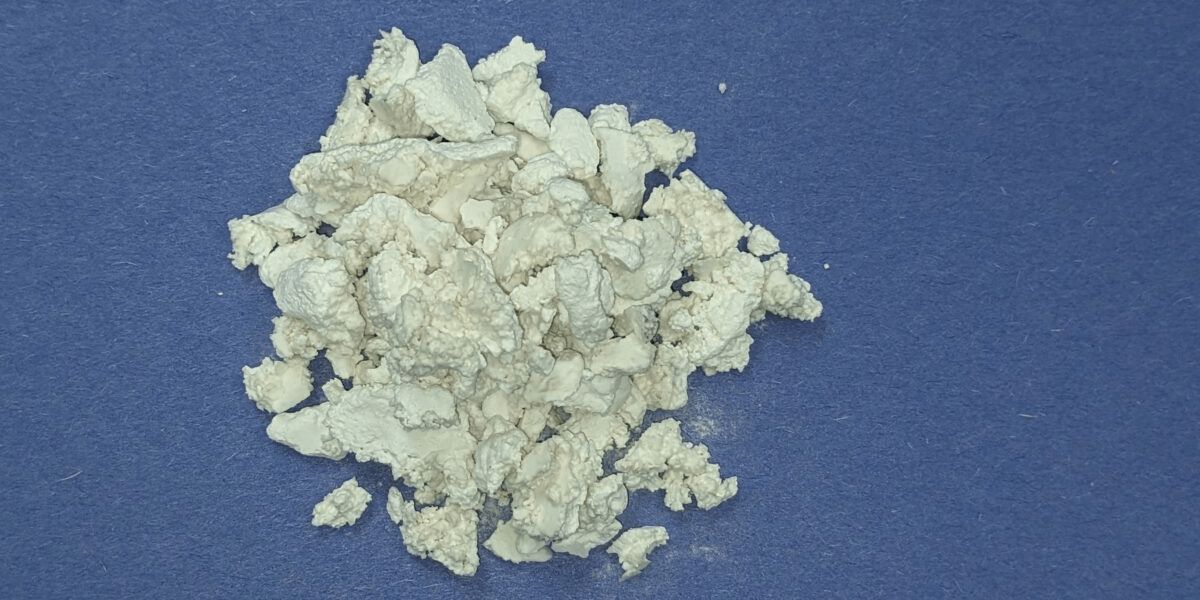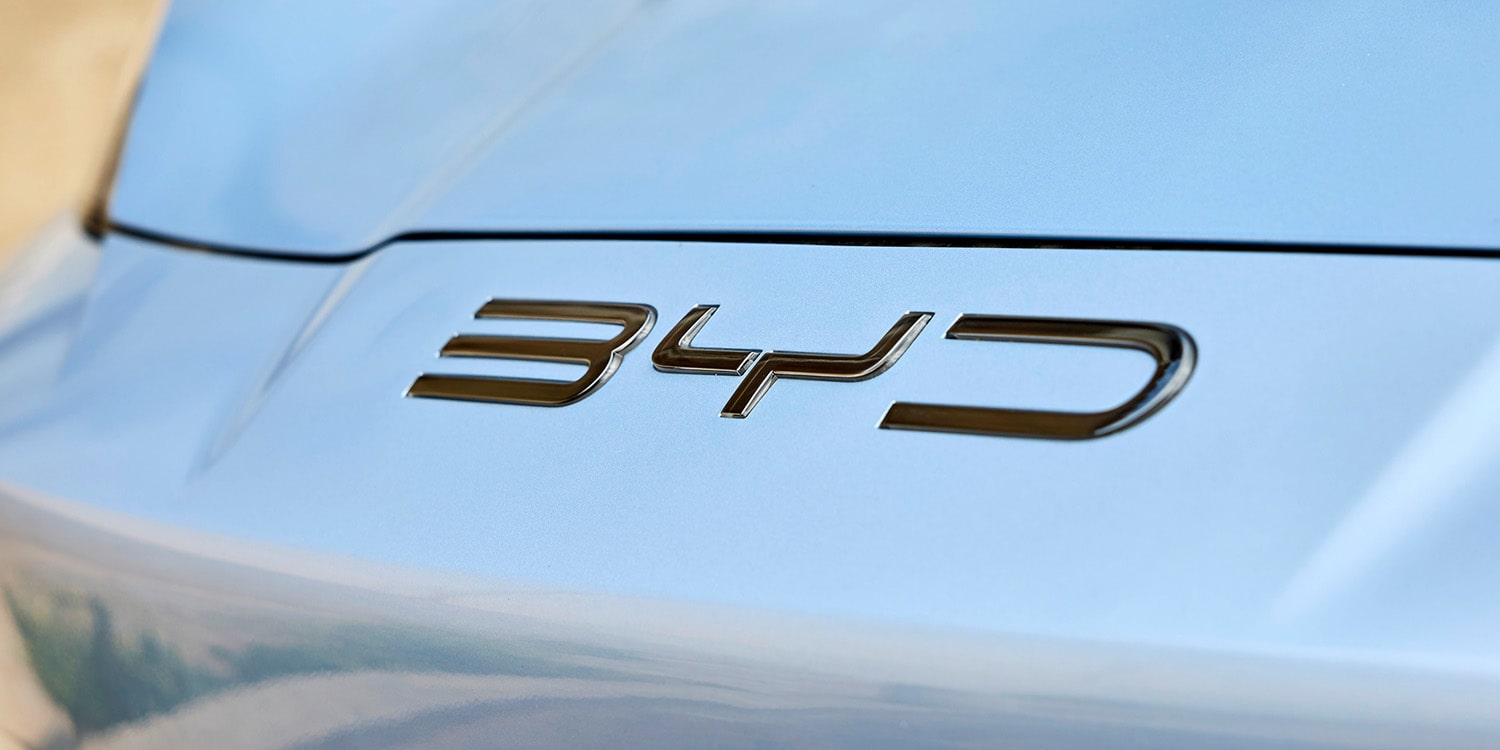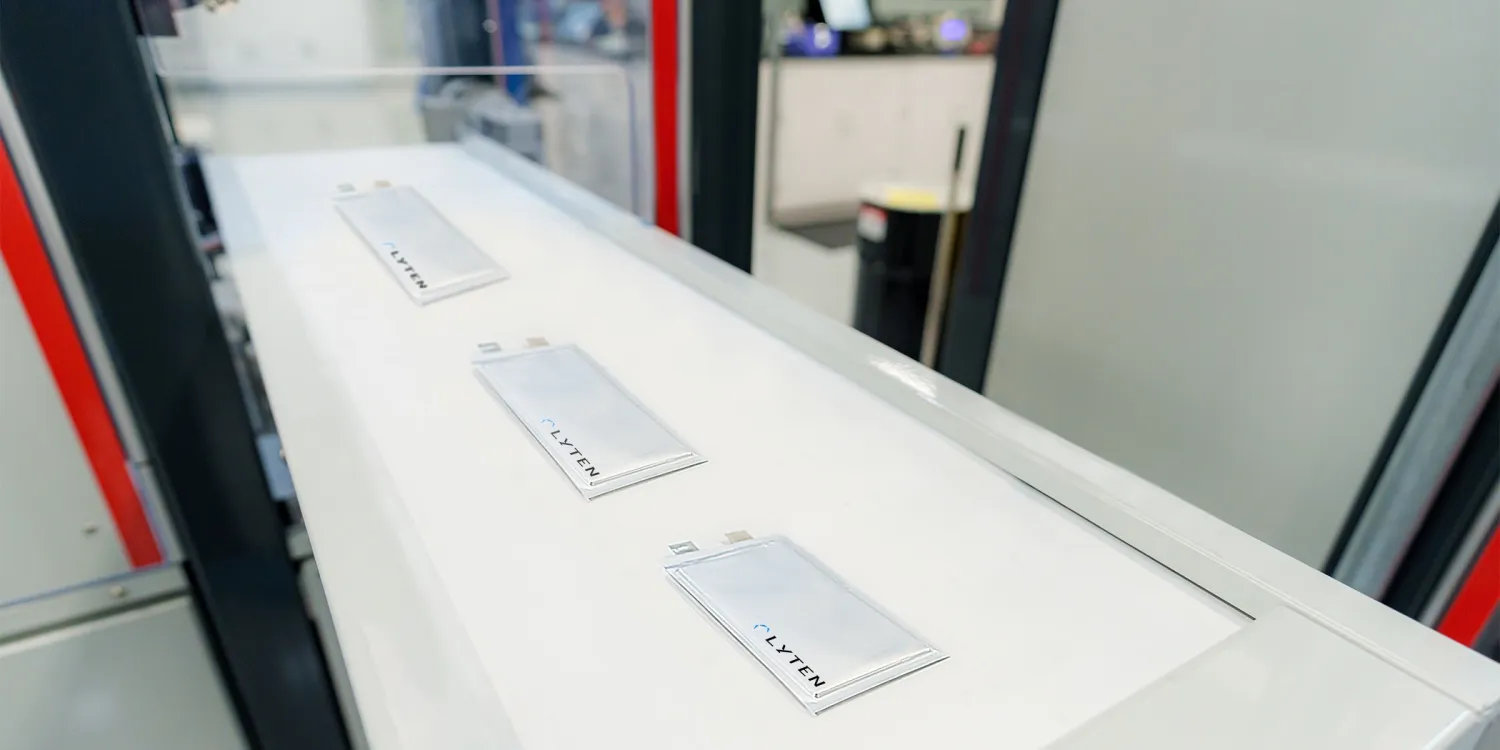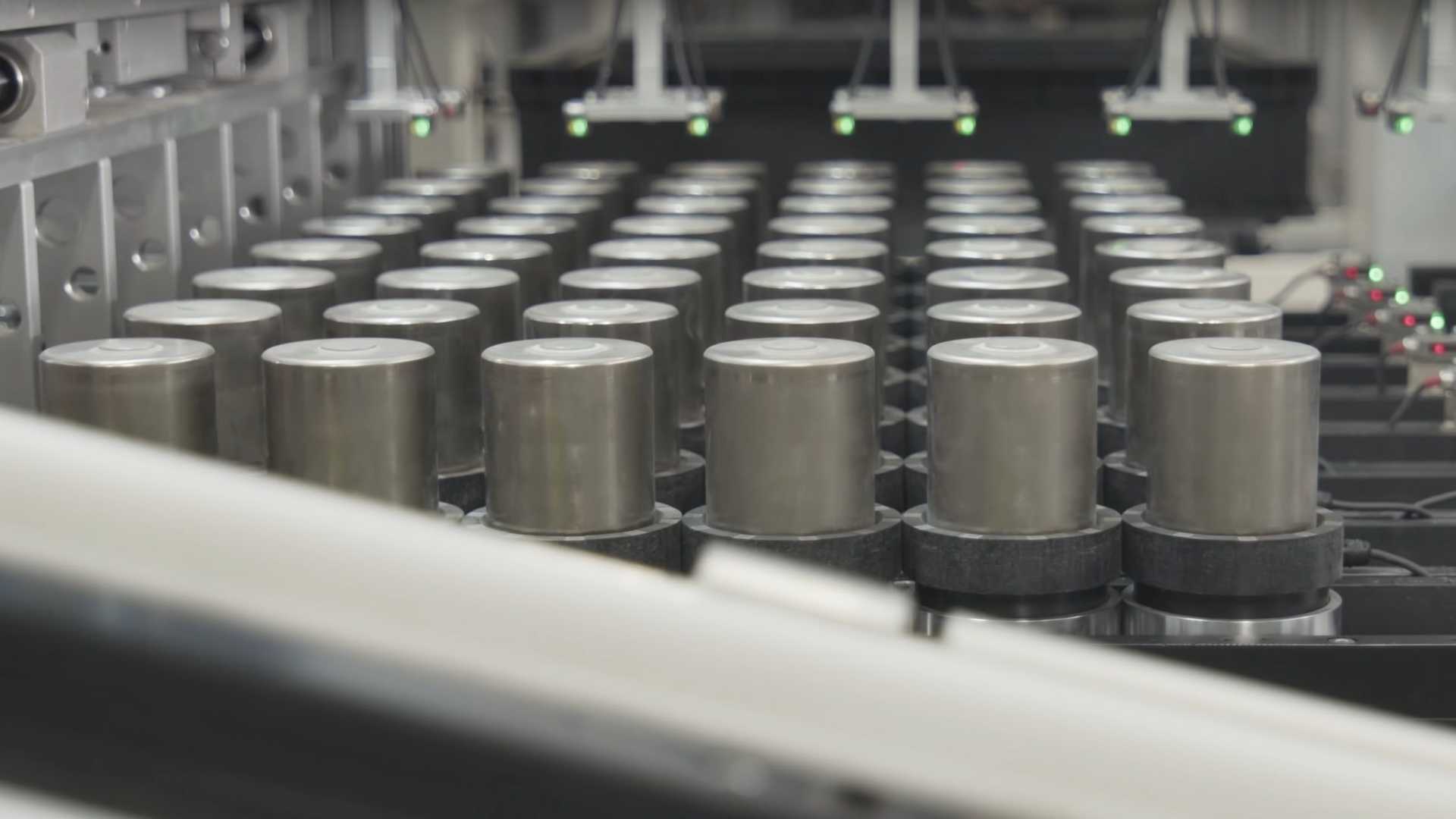South Korea has welcomed the United States’ decision to extend automakers’ eligibility for electric vehicle (EV) tax credits for cars containing Chinese graphite through 2026, a move aimed at reducing reliance on China in the EV battery supply chain.
The U.S. Inflation Reduction Act, closely monitored by automakers, seeks to diversify the EV battery chain away from China. South Korea’s industry ministry expressed support for this effort, stating it will continue to seek key battery materials to ensure domestic battery manufacturers and carmakers maintain competitiveness in the U.S. market.
“In the case of graphite, it was difficult to diversify the supply chain in a short period of time, making it difficult to receive U.S. EV tax credits for batteries … we have been actively consulting with the U.S. government, and our request (of extension of graphite use) was reflected in the final rules,” the ministry said in a statement.
South Korean battery makers, including LG Energy Solution, Samsung SDI, and SK On, welcomed the extension, according to the ministry.
Under the new rules, car buyers can receive up to $7,500 in tax credits for EVs containing Chinese graphite through 2026.
To support the country’s EV sector in securing a self-sufficient supply chain, the ministry announced financial aid totaling 9.7 trillion won ($7.11 billion).
Last week, the U.S. Treasury Department announced that automakers have until 2027 to reduce the use of hard-to-trace minerals like graphite in anode materials and critical minerals in electrolyte salts, binders, and additives.
The Industry Ministry stated it would assist companies in meeting requirements such as submitting plans to the U.S. on diversifying graphite supplies from 2027 and making “accurate calculations” of the values of battery minerals to receive tax credits.


